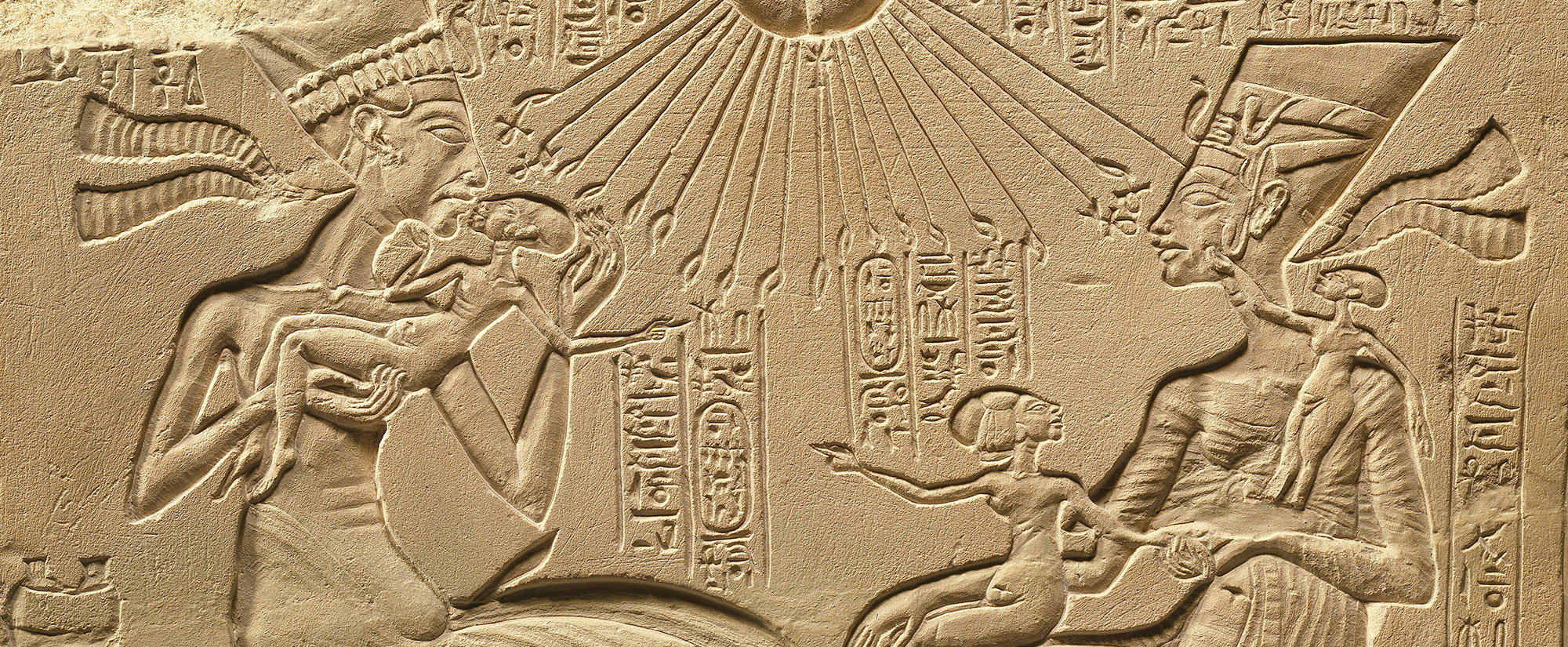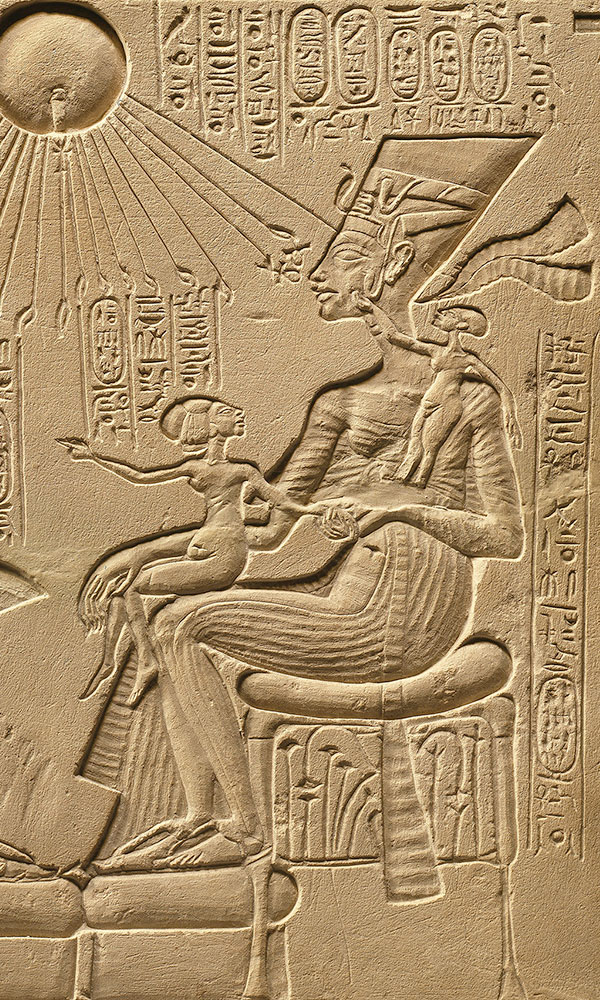HYDERABAD, INDIA—By studying the genomes of hundreds of South Asians, Harvard geneticist David Reich and his colleagues and have discovered that two different ancient populations, from north and south, began to mix some 4,200 years ago. "From genetic data, remarkably, you see this picture emerging of cultural change,” says Reich. But around 2,000 years ago, the large scale mixing of DNA abruptly stopped, probably because of the introduction of the caste system, which restricts marriage outside of strictly defined groups. Reich is now interested in studying the modern-day health implications of this ancient event, which has resulted in genetically isolated groups.
2,000-Year-Old Roots of India's Caste System
News August 12, 2013
Recommended Articles
Features March/April 2026
Himalayan High Art
In a remote region of India, archaeologists trace 4,000 years of history through a vast collection of petroglyphs
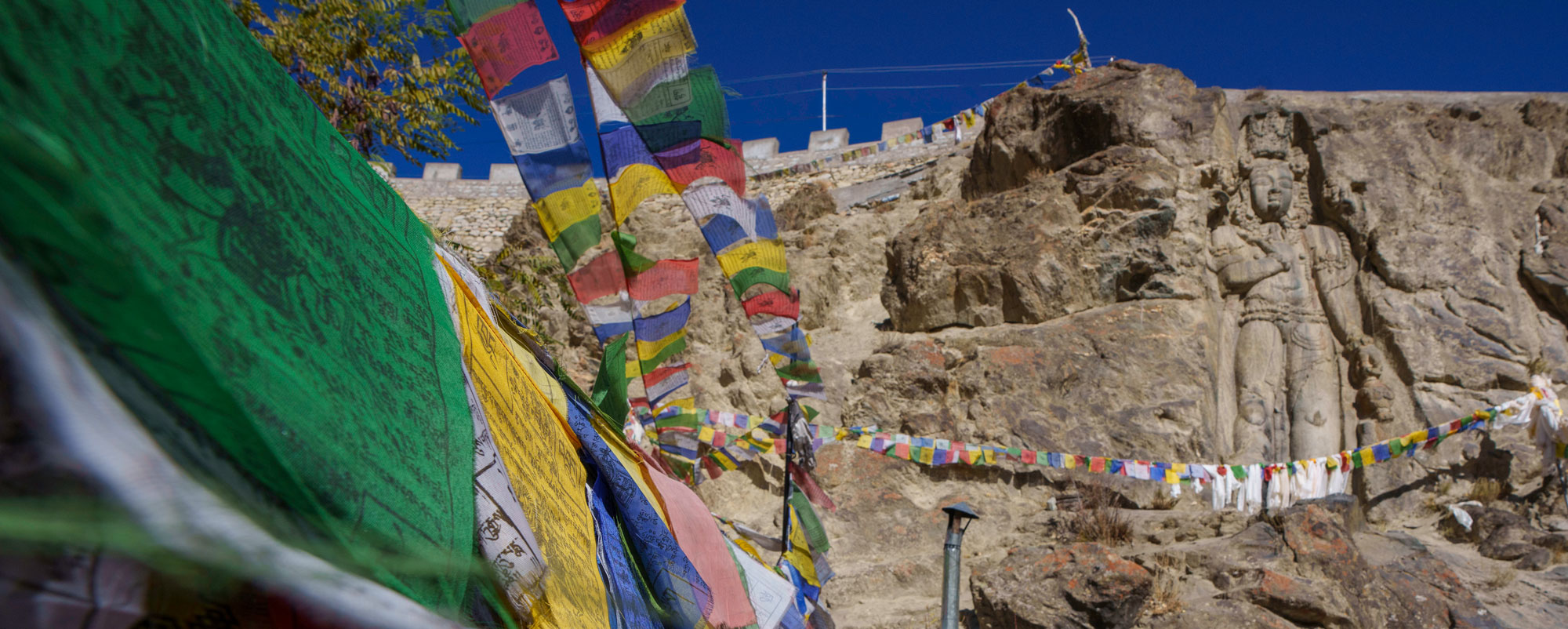
Digs & Discoveries May/June 2024
Educational Idols
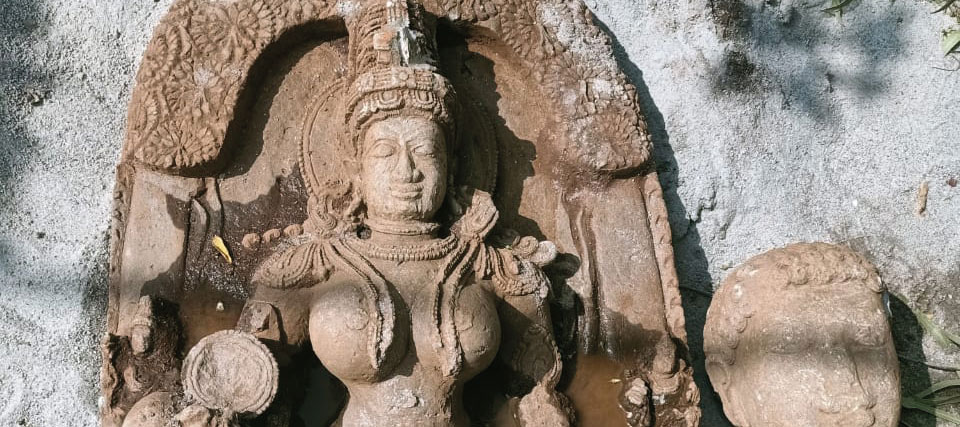
When Lions Were King September/October 2023
Symbols
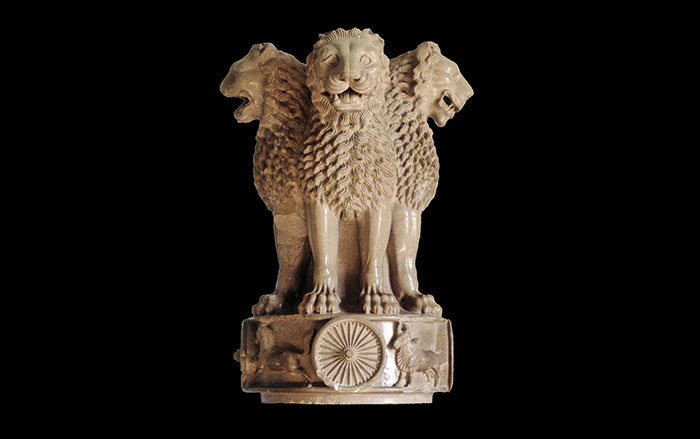
Digs & Discoveries September/October 2023
The Elephant and the Buddha
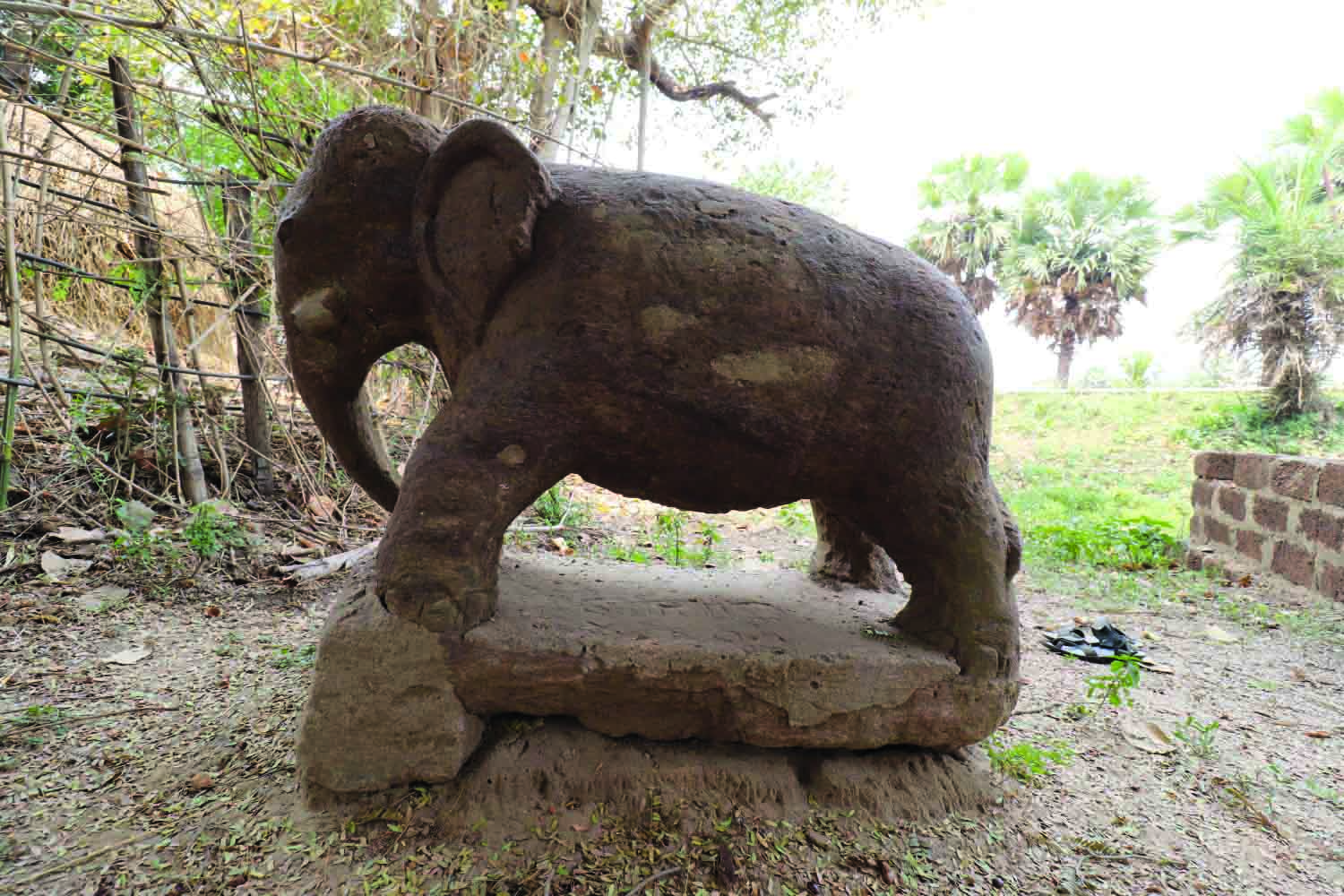
-
Features July/August 2013
The First Vikings
Two remarkable ships may show that the Viking storm was brewing long before their assault on England and the continent
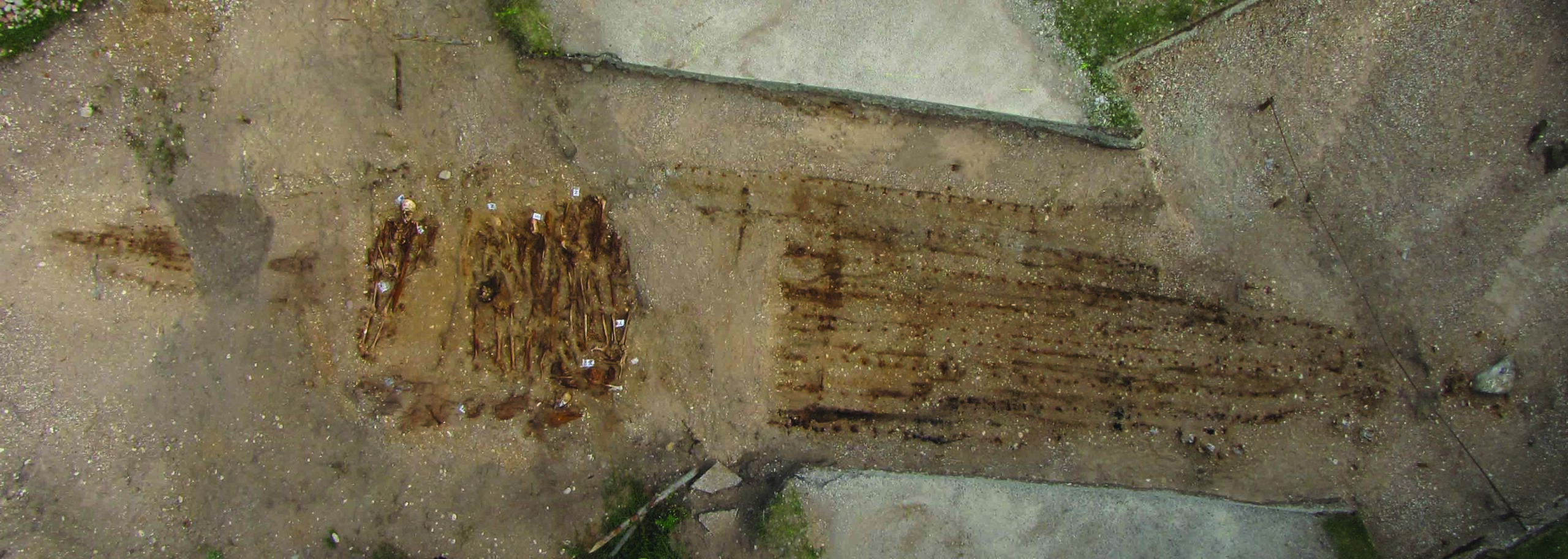 Courtesy Liina Maldre, University of Tallinn
Courtesy Liina Maldre, University of Tallinn -
Features July/August 2013
Miniature Pyramids of Sudan
Archaeologists excavating on the banks of the Nile have uncovered a necropolis where hundreds of small pyramids once stood
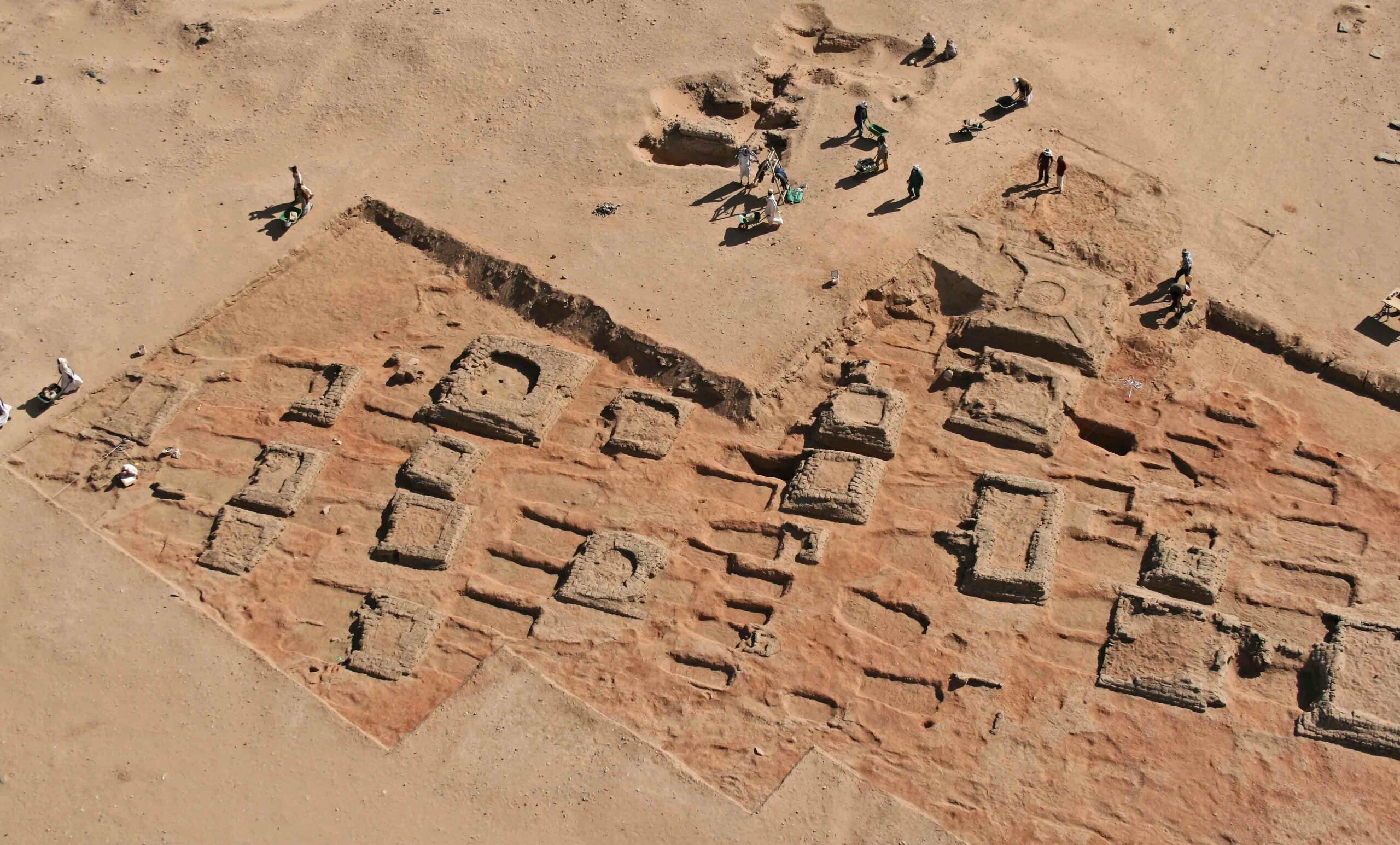 (Courtesy Vincent Francigny/SEDAU)
(Courtesy Vincent Francigny/SEDAU) -
Letter from China July/August 2013
Tomb Raider Chronicles
Looting reaches across the centuries—and modern China’s economic strata
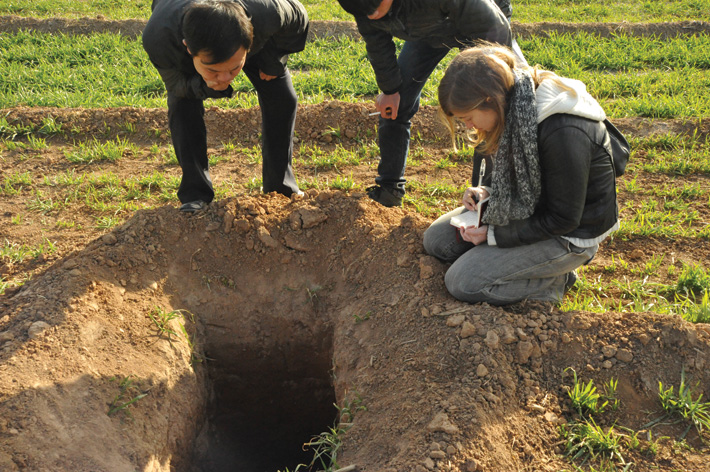 (Courtesy Lauren Hilgers, Photo: Anonymous)
(Courtesy Lauren Hilgers, Photo: Anonymous) -
Artifacts July/August 2013
Ancient Egyptian Sundial
A 13th-century limestone sundial is one of the earliest timekeeping devices discovered in Egypt
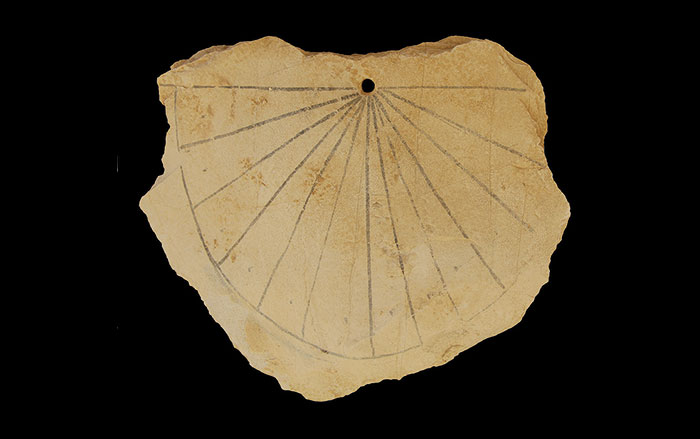 (© The Trustees of the British Museum/Art Resource, NY)
(© The Trustees of the British Museum/Art Resource, NY)


